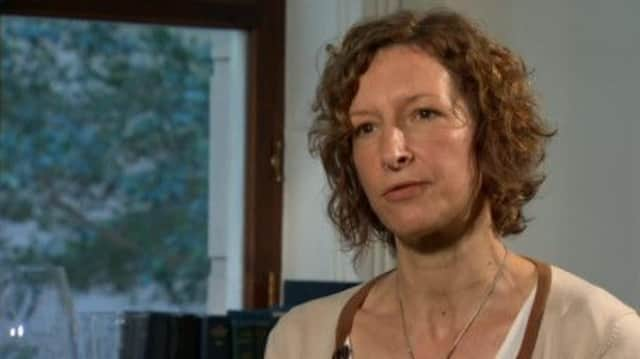SSE ordered to pay £100,000 to charity


SSE, which owns Scottish Hydro, has agreed with Ofgem to pay the money for breaching power generation rules in late 2013 and early 2014 that led to it receiving £50,000 in excess payments.
Ofgem said yesterday that its action “sends a strong message that generators must not overcharge for helping balance supply with demand” and ensured the Scottish company did not gain financially from the breach. The payment will go to Energy Action Scotland.
Advertisement
Hide AdAdvertisement
Hide AdSSE said its “lapse” related to so-called “constraint payments”, revealing they were linked to the winter of 2013-14 – the wettest on record – as extreme rainfall created an “overspill risk” at its reservoirs that produce energy from the accumulation of rainwater.
“SSE elected to adjust the price of energy generated from this asset in a signal to National Grid to keep the stations operating where possible, in order to channel water away from the reservoirs and prevent any associated flood risk,” the company said.
Adjustment in price signalling is the standard method used by the UK’s power companies to communicate their generation preference to National Grid, which then balances the system by instructing generators to either increase or reduce their output.
However, SSE admitted: “Due to an internal oversight, SSE failed to review its bid prices in a timely manner after the flood risk had reduced.
“This resulted in SSE maintaining an elevated constraint price signal to National Grid for longer than was necessary.”
Paul Smith, managing director of generation at the group, said it was “disappointing to have made a temporary pricing judgment that resulted in this non-compliance”. He added that SSE would now work with the regulator to ensure that its pricing strategy for hydro generation gave the correct market signals to National Grid.
Rachel Fletcher, Ofgem’s senior partner for markets, said: “Ofgem’s rules to stop generators from overcharging ensure that consumers pay no more than they need to for a reliable energy supply.”
She said that, given SSE’s admission to its failure, its action to make amends and the small scale of the breach, Ofgem believed the £100,000 payment was the right level of penalty.
Advertisement
Hide AdAdvertisement
Hide AdThe latest regulatory rap on the knuckles for SSE came after it was fined £1.75m by Ofgem earlier this month for missing deadlines in delivering environmental programmes.
Last May it was fined £750,000 for failing to provide timely connection of new residential customers to the distribution network.
SSE also announced yesterday that its chairman, Lord Smith of Kelvin, was bringing forward his previously-declared intention to resign the post from January 2016 to its annual shareholder meeting on 23 July.
It follows the announcement that he has been appointed chairman of another major UK-listed company, the engineering group IMI. There he will be reunited with Mark Selway, the former Weir Group chief executive who now holds that position at IMI. Smith stepped down from his post as Weir’s chairman in 2013.
Richard Gillingwater, currently SSE’s deputy chairman, will replace Smith at the helm following the annual meeting.
Smith, who chaired the commission tasked with delivering further devolution for Scotland, said that the earlier handover “makes sense from everyone’s point of view”.
Although he will no longer be a member of the SSE board, he is to be retained by the company’s executive committee for a further year “to provide advice and counsel on key business issues”.
Gillingwater said Smith had been “an outstanding SSE chairman and a pleasure to work with”.
SUBSCRIBE TO THE SCOTSMAN’S BUSINESS BRIEFING